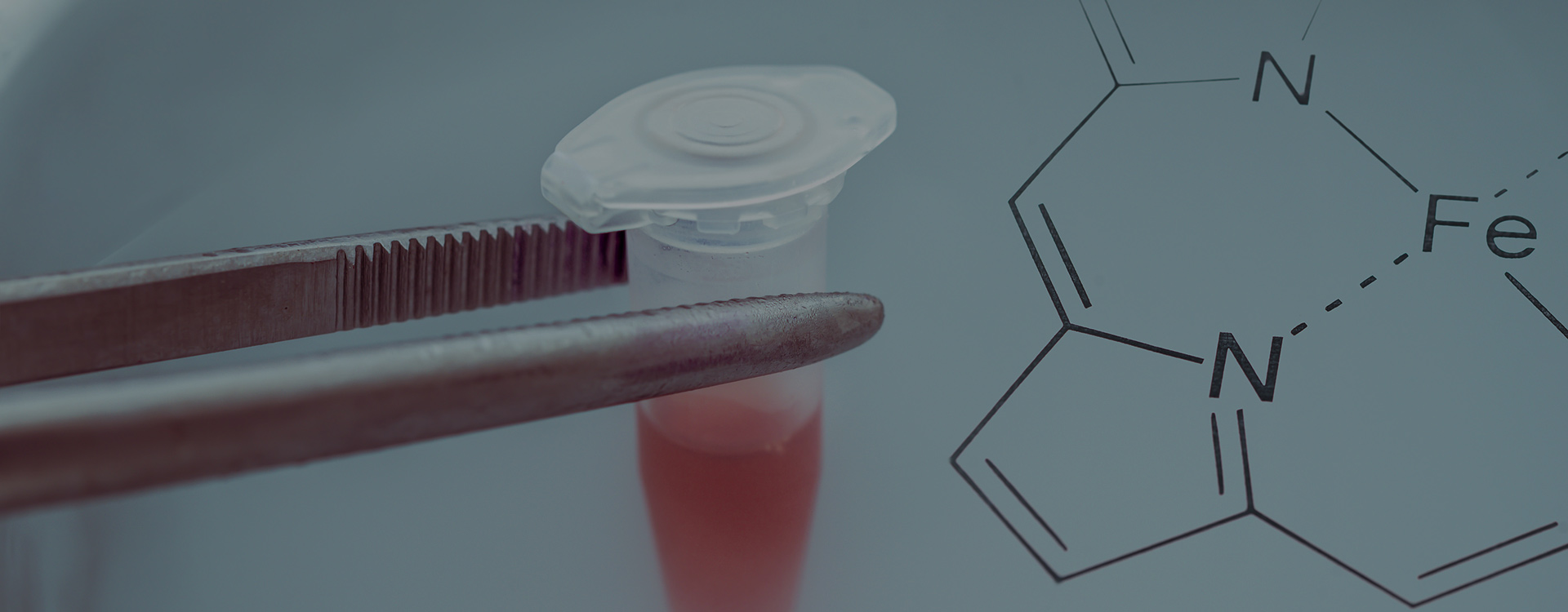Cord blood banking is an increasingly popular option for expectant parents who want to secure a valuable resource for their child's future health. However, with its rising popularity, several myths and misconceptions have emerged, causing confusion and misinformation.
Today we’re taking a look at some serious misconceptions commonly associated with umbilical cord blood, and cord blood banking.
Myth #1: Collecting Cord Blood Can Harm Your Baby
This is an understandable concern for many parents, and luckily one that is completely unfounded!
Fact: Cord Blood is collected after the baby is born, and the umbilical cord has been clamped and cut. There is absolutely no harm, risk or pain to the baby or mother. Cord Blood collection can be performed with both vaginal births and cesarean (c-section) deliveries.
Myth #2: Cord Blood Can Only Be Used to Benefit Your Baby
Many people think that banking cord blood only has the potential to save your baby’s life, but this isn’t true.
Fact: Cord blood has a high probability of matching siblings and parents as well. This means that cord blood banking can provide protection for your entire family. Your baby’s cord blood has a 75% chance of a suitable match for full siblings (i.e., from the same two parents as the baby), and parents have a 25% chance of a suitable match.
Myth #3: Donating to a Public Cord Blood Bank is Free and Reliable
Fact: More than 80 percent of all donated cord blood units are not saved for future use. If you donate your baby’s cord blood to a public bank, it is unlikely that your baby’s stem cells will be available to your family in the event a life-threatening medical condition should arise.
With private cord blood banking, you can ensure that if a family member falls ill in the future, your child’s cord blood is ready and waiting and will be a perfect match for the child that the stem cells came from and a high probability of a match for siblings and parents. There is no need to wait months, or even years in hopes of finding a match in a public bank, in these dire situations when time is critical.
That’s the real benefit of MiracleCord... Secure, effective, and safe umbilical cord blood banking and cord tissue banking, so when a family member’s life is on the line, you’re not waiting in hopes of finding a match in a public bank.
Myth #4: You Can’t Save Cord Blood Without Breaking the Bank
Medical procedures as a whole have a reputation for being very expensive and unaffordable, and to many, the idea of cryogenically storing a newborn’s cord blood and umbilical cord tissue stem cells may seem like a costly endeavor.
Fact: Since cord blood banking has been around for more than 30 years, over time the process has become more affordable, giving access to families living on even the most modest budgets. When it comes to investing in your family’s health, there’s no safer, more effective, or more affordable option. Plus, cord blood banking with MiracleCord is quite affordable with plans starting as low as $79/month for just 12 months and then $150/year after the first year.
Myth #5: You Can’t Bank Cord Blood if You Have a C-Section
Fact: While the health of the mother and baby are a priority during the surgical procedure, cord blood and cord tissue can still be collected. C-section deliveries require a sterile environment. That’s why MiracleCord’s StemCare® collection kit contains a sterile cord blood collection bag that is FDA-approved and safe for use inside the sterile field should a C-section be necessary.
Myth #6: You Can’t Delay Cord Clamping and Collect Cord Blood
Delayed cord clamping means pausing before clamping and cutting the umbilical cord after birth. This allows more blood to flow from the placenta to the newborn.
Fact: Whether you deliver vaginally or have a c-section, delayed cord clamping and cord blood banking are compatible. Delayed clamping for 30-60 seconds is what is recommended by ACOG (American College of Obstetricians and Gynecologists) and WHO (World Health Organization). Many people choose to do delayed clamping and save their baby's cord blood. [*]
Myth #7: Cord Blood Stem Cells Expire After 18 Years
While many cord blood banks offer storage terms of 18 or 20 years, that does not mean that the stem cells are not useful or expire beyond that point.
Fact: When cryogenically stored at the proper temperature, cord blood stem cells should remain viable indefinitely. This is why many of our clients choose our 20-Year or Lifetime storage plans.
Myth #8: Cord blood is Just Medical Waste and Has No Value
Fact: Umbilical cord blood contains stem cells that can rebuild the bone marrow and immune system and save the life of a family member with a serious disease or condition. There are currently more than 80 diseases that are FDA-approved for treatment using cord blood stem cells. These include leukemia, lymphoma, and sickle cell disease, as well as other treatments for patients with inherited genetic disorders, bone marrow failure, or inherited immune deficiencies. More than 40,000 patients with serious diseases and disorders have treated with cord blood since the first cord blood transplant in 1988.
Myth #9: I Can Decide at the Hospital if I Want to Save Cord Blood or Donate It
Fact: Both donating and private banking require arrangements to be made ahead of your due date. If you choose to donate, you will want to find out if your hospital participates in a donation program as many hospitals do not.
If you choose to use a private bank, you will need to enroll and have a collection kit shipped to you in advance of your due date. Paperwork, such as a health history form, will need to be completed and submitted with your collection kit - so don't wait until the last minute so you won't have to worry about this when you are in labor at the hospital!
Myth #10: All Private Cord Blood Banks are The Same
Fact: There can be significant differences between cord blood banks and how they handle the transport and processing of the cord blood, as well as how they service their clients. Some banks are owned by large pharmaceutical companies, while others are privately held. It is not uncommon for cord blood banks to raise annual storage fees routinely, causing some families hardship.
At MiracleCord, we choose to treat our growing families with the respect and kindness they deserve. We work with every family to customize a plan that will not burden them financially while offering them the highest quality cord blood banking services. If you are expecting and would like to learn more download our Cord Blood Banking Guide or give us a call today 888.743.2673.
DISCLAIMER: THE INFORMATION ON THIS WEBSITE IS NOT INTENDED TO BE USED AS MEDICAL ADVICE.The materials and information contained on the MiracleCord website is provided for educational and informational purposes only, and is not intended to, and does not constitute, medical or other health advice or diagnosis, and should not be used as such. You should not use this information to diagnose or treat a health problem or disease. If you are seeking personal medical advice, you should consult with a licensed physician. Always consult with a qualified health care provider regarding a medical condition.




